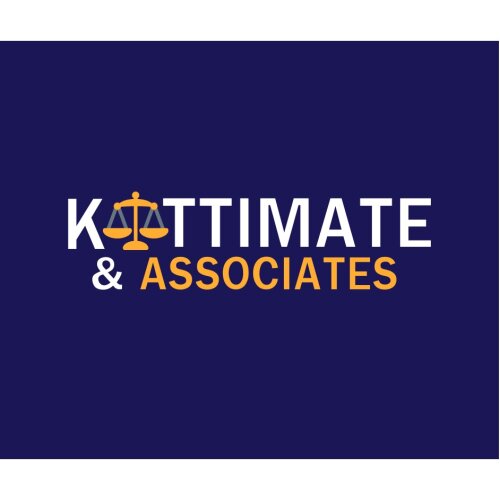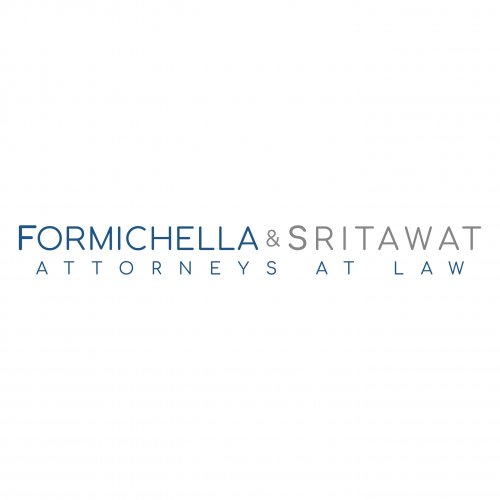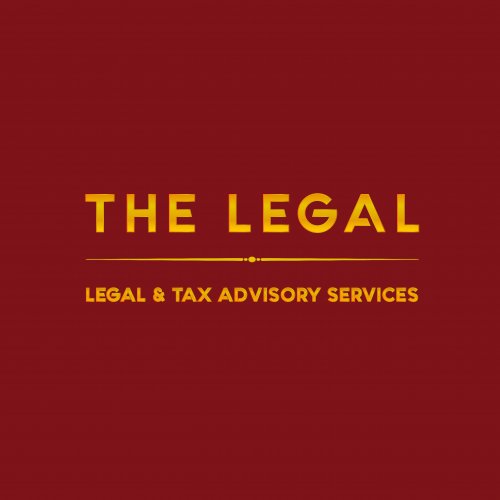Best Information Technology Lawyers in Bangkok
Share your needs with us, get contacted by law firms.
Free. Takes 2 min.
List of the best lawyers in Bangkok, Thailand
Legal guides written by Mahanakorn Partners Group Co., Ltd:
- Thailand Strengthens Anti-Money Laundering Laws with New Amendments
- Recent Updates to Thailand’s Long-Term Resident (LTR) Visa and SMART Visa Programs
- Managing Risks in Public-Private Partnership Projects
About Information Technology Law in Bangkok, Thailand
Information Technology (IT) law in Bangkok, Thailand, is an evolving field that addresses the legal aspects of information processing, including software, hardware, the internet, and networks. With the rapid growth of the IT sector, the Thai government has implemented various policies and laws to regulate data protection, cybersecurity, e-commerce, and intellectual property. Bangkok, being the capital and technological hub, plays a pivotal role in shaping IT regulations suitable for businesses and individuals in both domestic and international contexts.
Why You May Need a Lawyer
Many situations can arise where legal expertise is needed in the realm of Information Technology in Bangkok, Thailand. Whether you are a business launching a new tech product, an individual concerned about your data privacy, or a startup negotiating software licenses, an IT lawyer can provide critical guidance. They can assist in matters relating to data protection compliance, disputes over intellectual property, agreements for technology transfers, software licensing, and enforcing cybersecurity standards.
Local Laws Overview
Several key pieces of legislation regulate Information Technology in Bangkok. The Personal Data Protection Act (PDPA), effective since 2019, sets standards for the collection, use, and storage of personal data. The Computer Crime Act addresses illegal activities conducted via computer systems. Additionally, the Draft Cybersecurity Act aims to bolster the country's defenses against cyber threats. These laws, among others, create a framework to protect technology users and companies while promoting a robust and secure digital economy.
Frequently Asked Questions
What is the Personal Data Protection Act (PDPA) in Thailand?
The PDPA is a comprehensive data protection law that governs the collection, use, and disclosure of personal data. It aims to protect the privacy rights of individuals and is applicable to businesses operating in Thailand.
What legal issues might arise with IT outsourcing in Thailand?
Common issues include data security concerns, compliance with local laws, intellectual property protection, and breach of contract terms.
Can a foreign company operate an e-commerce business in Bangkok?
Yes, a foreign company can operate an e-commerce business in Bangkok, provided it complies with local regulations on foreign business operations, e-commerce, and data protection.
How does Thailand's Computer Crime Act impact businesses?
The Computer Crime Act addresses offenses such as hacking, spreading malware, and unauthorized access to computer systems, ensuring businesses maintain secure IT environments.
What should I know about software licensing in Thailand?
Software licensing involves contracts that dictate how software can be used or distributed. Understanding Thai contract law and intellectual property rights is crucial when negotiating these agreements.
How is copyright protection managed in Thailand?
Copyright in Thailand is governed by the Copyright Act, which covers works including software, databases, and digital content, protecting both local and foreign creations.
What steps can be taken if a data breach occurs in Bangkok?
In the event of a data breach, notify affected parties, report the breach to relevant authorities, and take immediate corrective actions to prevent further incidents, in compliance with the PDPA.
Does Thailand have laws addressing cybersecurity?
Yes, Thailand is working on enhancing its cybersecurity framework with legislation like the Draft Cybersecurity Act, focusing on safeguarding critical information infrastructure and enhancing national security resilience.
Are there specific IT regulations for fintech companies in Bangkok?
Fintech companies must navigate regulations pertaining to financial transactions, e-payments, data protection, and cybersecurity to ensure compliance with both financial and IT laws.
What role do government bodies play in IT law enforcement in Thailand?
Government bodies like the Electronic Transactions Development Agency (ETDA) and Ministry of Digital Economy and Society are pivotal in enforcing IT laws, issuing regulations, and promoting digital awareness.
Additional Resources
For individuals seeking more information or assistance, consider visiting the Electronic Transactions Development Agency (ETDA) for guidelines on digital transactions, or the Thai Ministry of Digital Economy and Society for resources on national IT policies. Consulting with the Thailand Board of Investment (BOI) can also offer insights into incentives and regulations for tech enterprises.
Next Steps
If you require legal assistance in Information Technology, consider hiring a local lawyer specialized in IT law to navigate the complex legal landscape. Conduct research on reputable law firms or utilize referral services to find experienced attorneys in Bangkok. Engaging with professionals can ensure compliance with relevant laws, help mitigate risks, and protect your digital interests.
Lawzana helps you find the best lawyers and law firms in Bangkok through a curated and pre-screened list of qualified legal professionals. Our platform offers rankings and detailed profiles of attorneys and law firms, allowing you to compare based on practice areas, including Information Technology, experience, and client feedback.
Each profile includes a description of the firm's areas of practice, client reviews, team members and partners, year of establishment, spoken languages, office locations, contact information, social media presence, and any published articles or resources. Most firms on our platform speak English and are experienced in both local and international legal matters.
Get a quote from top-rated law firms in Bangkok, Thailand — quickly, securely, and without unnecessary hassle.
Disclaimer:
The information provided on this page is for general informational purposes only and does not constitute legal advice. While we strive to ensure the accuracy and relevance of the content, legal information may change over time, and interpretations of the law can vary. You should always consult with a qualified legal professional for advice specific to your situation.
We disclaim all liability for actions taken or not taken based on the content of this page. If you believe any information is incorrect or outdated, please contact us, and we will review and update it where appropriate.
















